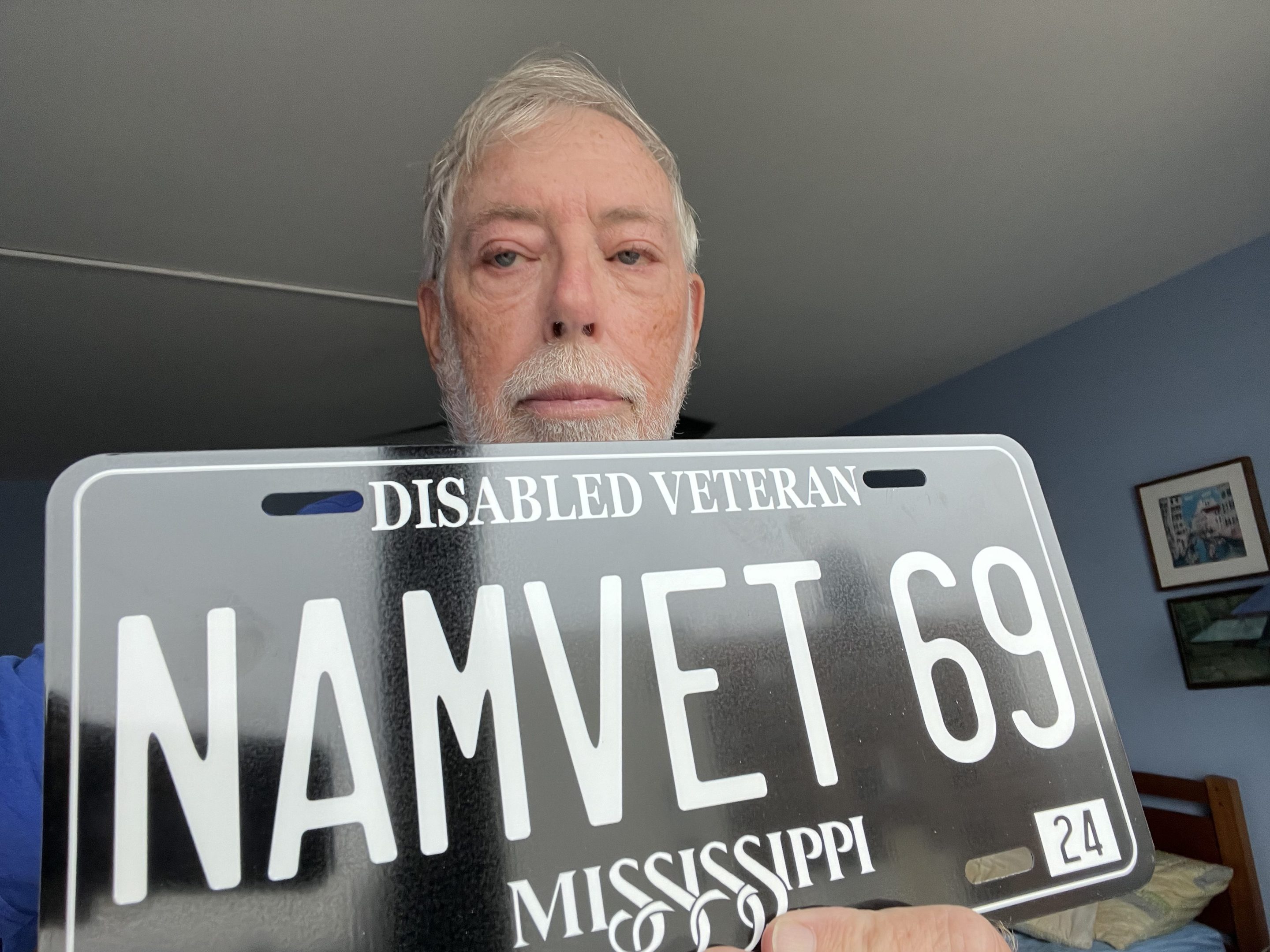Disable this fraud!
The plan to provide a full exemption from congestion pricing for disabled drivers is rife with fraud opportunities and doesn't serve the population it's meant to cover, according to longtime tolling advocates as well as advocates for the disabled.
The Traffic Mobility Review Board, which set the pricing and exemption parameters for congestion pricing, decided that the disability exemption would apply to any car that had a government-issue disability license plate.
The problems? For one thing, such plates, especially those from out of state, are too easy to get. In addition, disabled people are often transported in cars without disability plates because the exemptee in question doesn't necessarily own a car.
"It's relatively easy to get [a disability plate], even from New York State," said Joe Rappaport, the executive director of the Brooklyn Center for the Independence of the Disabled. "Beyond that, it just doesn't cover the people who deserve an exemption. Most people with disabilities aren't driving in. My board [has] several people who cannot drive. Should they be subject to congestion pricing when they go into their jobs the only way that they could actually get there? No, of course not. The MTA has to realize that."
There's other thing the MTA has to realize: getting a disability plate is just a matter of clicking around the internet here or here or here for example.
"One can go on eBay and get disabled plates for under $10 dollars," said "Gridlock" Sam Schwartz, a former city traffic commissioner and longtime congestion pricing proponent who did, in fact, buy a convincingly real metal Mississippi plate online.
Schwartz and Rappaport both agreed that the question of fraudulent disability license plates is an extension of the MTA and the city's larger problems dealing with covered and defaced plates, fake temporary plates and even drivers just using no license plate at all. Toll evasion cost the MTA millions in 2023, and a spike in the number of unreadable license plates could cost the MTA hundreds of millions that it's supposed to raise under congestion pricing.
"New Yorkers have been known to play around with their license plates, so this will just be another thing people will do to avoid paying the congestion charge," Schwartz said.
Instead of a license-plate-based exemption, Rappaport suggested the MTA could look at other existing infrastructure for disability mobility, like its own roster of people who are eligible for Access-A-Ride and reduced fare disability MetroCards, or even work with the city Department of Transportation, which runs a more stringent disability parking permit program than the state. But ultimately he said the agency can't throw up its hands and do nothing.
"People in London, I'm sure and even Stockholm cheat the system. And it's up for the MTA to figure out how to combat that," Rappaport said. "The assumption has to be. 'OK, we're gonna make sure this works for the people who deserve it. And we'll figure out a way of policing the permitting process and usage so that people don't cheat.'"
An MTA source said the agency has determined the TMRB's license plate proposal may not work, and that the agency is developing an alternative way to grant the exemption that will be revealed in the upcoming weeks.
It's worth noting that drivers with disabilities are not exempt from other tolls.






